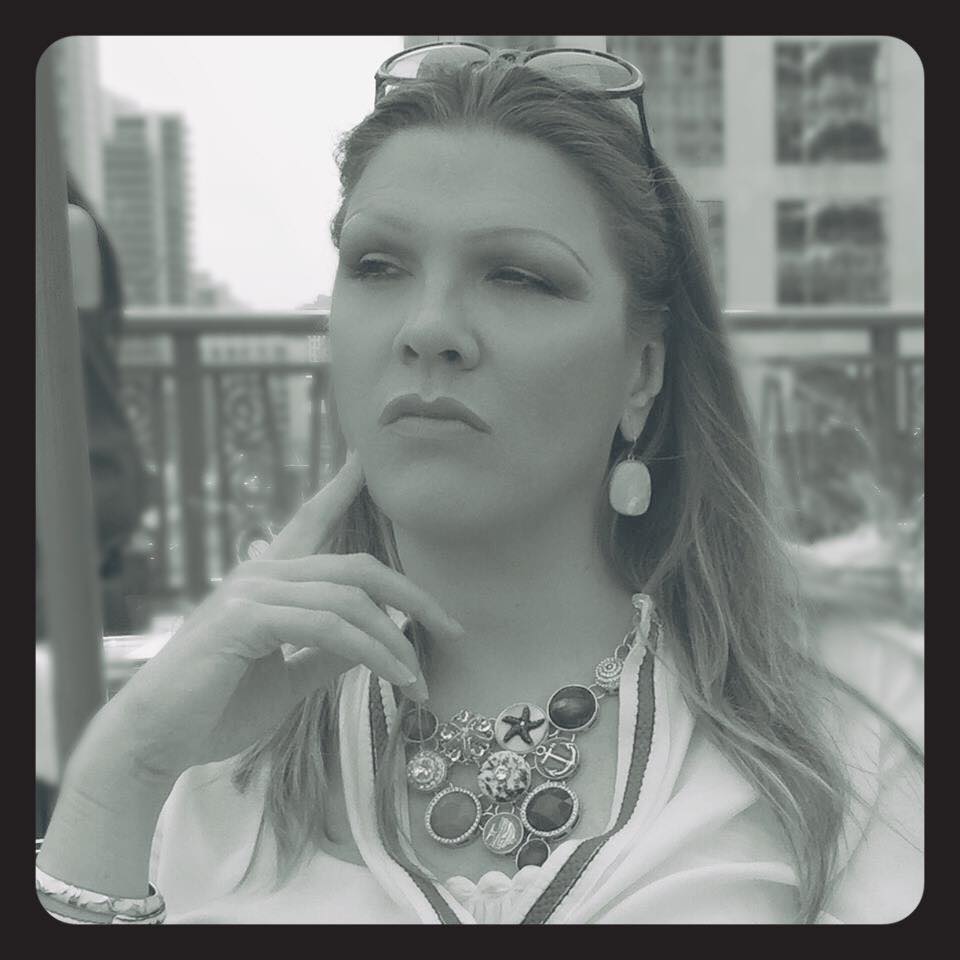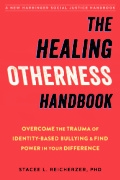Am I an ally to the struggles of Black America or am I not? As easy as it seemed at first for me to answer this question, I realized that in the wake of the most recent police shootings, I needed to look deeper within to understand what it means to care about and be invested in a people’s reality. To find the pain, the fear, the absolute trauma, I had to take myself to uncomfortable but necessary places. Here’s the story of my last month in this journey to examine my own White apathy.
Full confession, when Colin Kaepernick refused to stand for the playing of the National Anthem, it brought up a lot of stuff for me. My national pride was offended. I called it unprofessional. I said it was absurd that someone making millions playing for an American sports team should refuse to acknowledge that being born in the U.S. is a privilege.
That’s where my criticism ended. I didn’t dispute the realities he was protesting against; but merely the way that he did it. After all, I live in Chicago. I know the story, or so I thought I did. We truly don’t ever know anyone else’s story because we’re not living it. The closest we can come is to attempt to feel a story as if it was our own. This is where I failed. I hadn’t yet allowed myself to feel or be impacted by the shootings as if they were happening to people I know and love. That’s to say, I hadn’t allowed myself to feel love.
It’s in fact far easier to remain apathetic to the issues that aren’t touching our lives directly. Struggling through our own experience while being bombarded by horrific news, we stop paying attention. Tragedy surrounds us, after all. We’ve become so accustomed to it that we disconnect from our ability to feel empathy and real pain for people who aren’t us. We selectively take in only the information that feeds our existing views. There are whole news industries just for people like us.
As a result, we become more segregated.
I’m not ramping up to unilaterally blast the Blue, here. I am very appreciative of the policewomen and men who put their lives on the line every day to keep our cities safe. It’s extremely hard, dangerous work that requires tough decisions in the moment which I can’t even begin to comprehend.
I own though that I was losing touch with my empathy and as a result, my deeper concern for what it means to live in fear. Charlotte and Tulsa snapped me back into it.
If we wish to believe no problem exists, we create a reality in which that problem is hidden from view. We insulate ourselves and do not ask questions or dig deeper. For White people, this allows us to feel a little less guilty (White folks, stay with me on this one). We say we didn’t segregate Black communities, that we didn’t create barriers to mobility, that we didn’t close the schools, take away the jobs, construct the prison industrial complex or the system of endless poverty and despair that feeds it. We didn’t create the gangs or put guns in their hands.
Of course, no one of us did. We just went about our lives, supporting our ourselves and own families, doing whatever we needed to survive and thrive. Where probably most of us have failed is that as we do things to ensure our own viability; we tend to assume that if we could do it, other people should, too. This is where our failure becomes most apparent, for we make assertions about people’s ability to operate as we have without really asking them the question, “What is your reality?” and then following that up with a question to ourselves, “What would it mean if this is true?”
You can probably make a lot of guesses about what my life’s been, or that of the homeless person, the man with autism, the woman walking down the street wearing a hijab. Guesses aren’t evidence, though. They’re the part of the story that comes from us not asking questions and waiting for the answer from the people who are living these realities.
The ability to witness another person is entirely predicated on suspension of our own understanding. It’s to really ask to see the world through their eyes, grasp it with their hands, walk on it with their feet. When we even attempt to do so, we can start to see how blinding their reality can be, how difficult grasping is when everything feels just out of reach, how difficult it is to stand, let alone walk without falling.
The problem here isn’t that most of us who are White engage in cruel and demoralizing acts against persons of color (although some obviously do). Our greatest struggle, and the area where we most lose touch with our humanity, is that we really don’t listen to what is being protested against and ask ourselves the fundamental question at hand, “What would it mean if this is true?”
If we did, we could no longer remain complacent.


